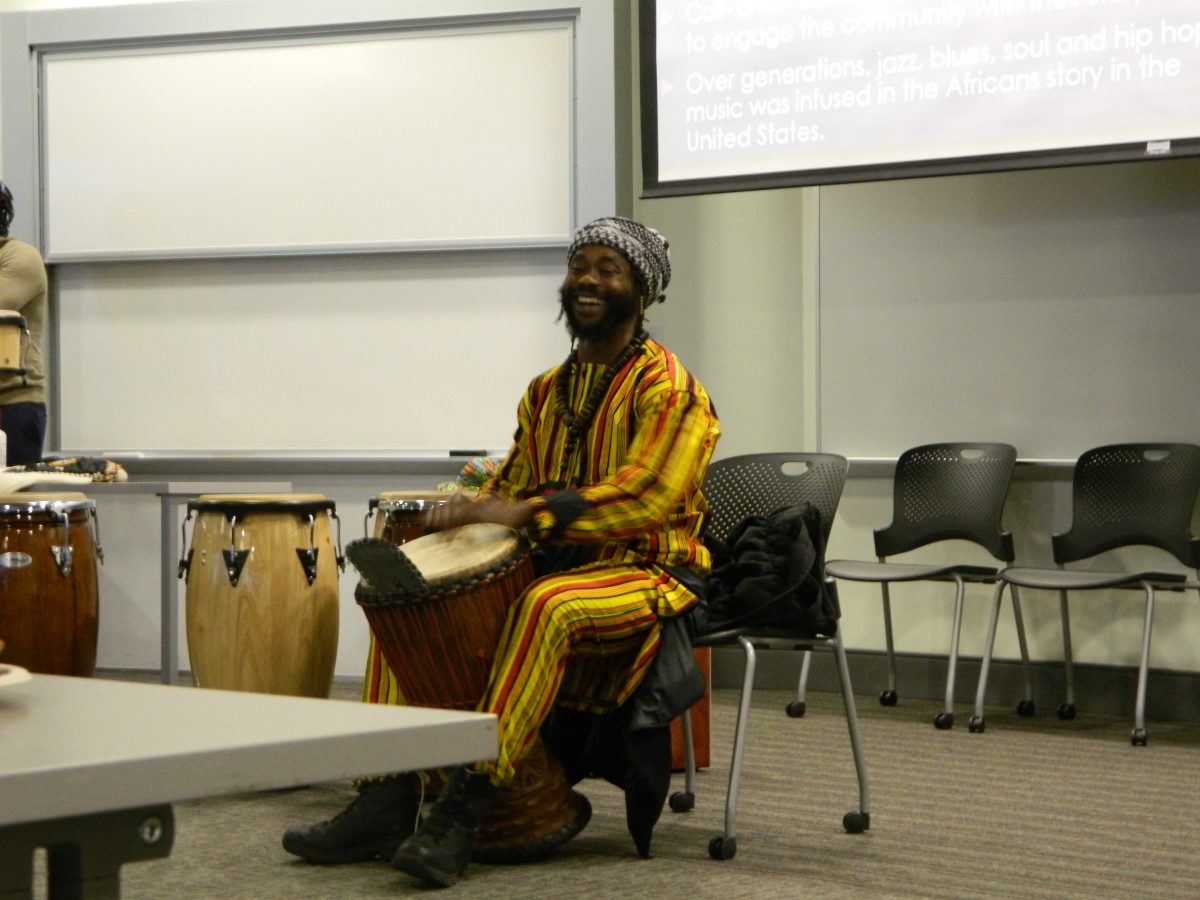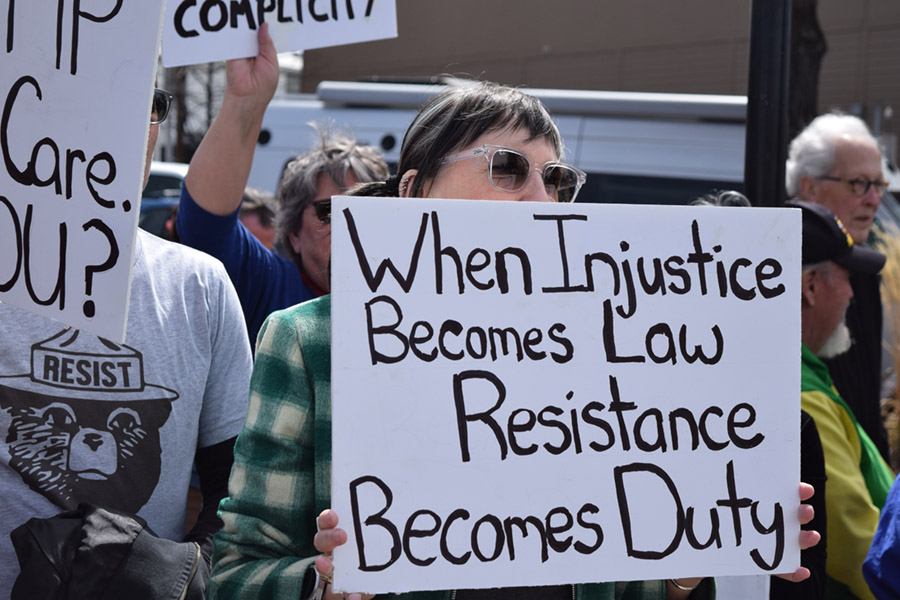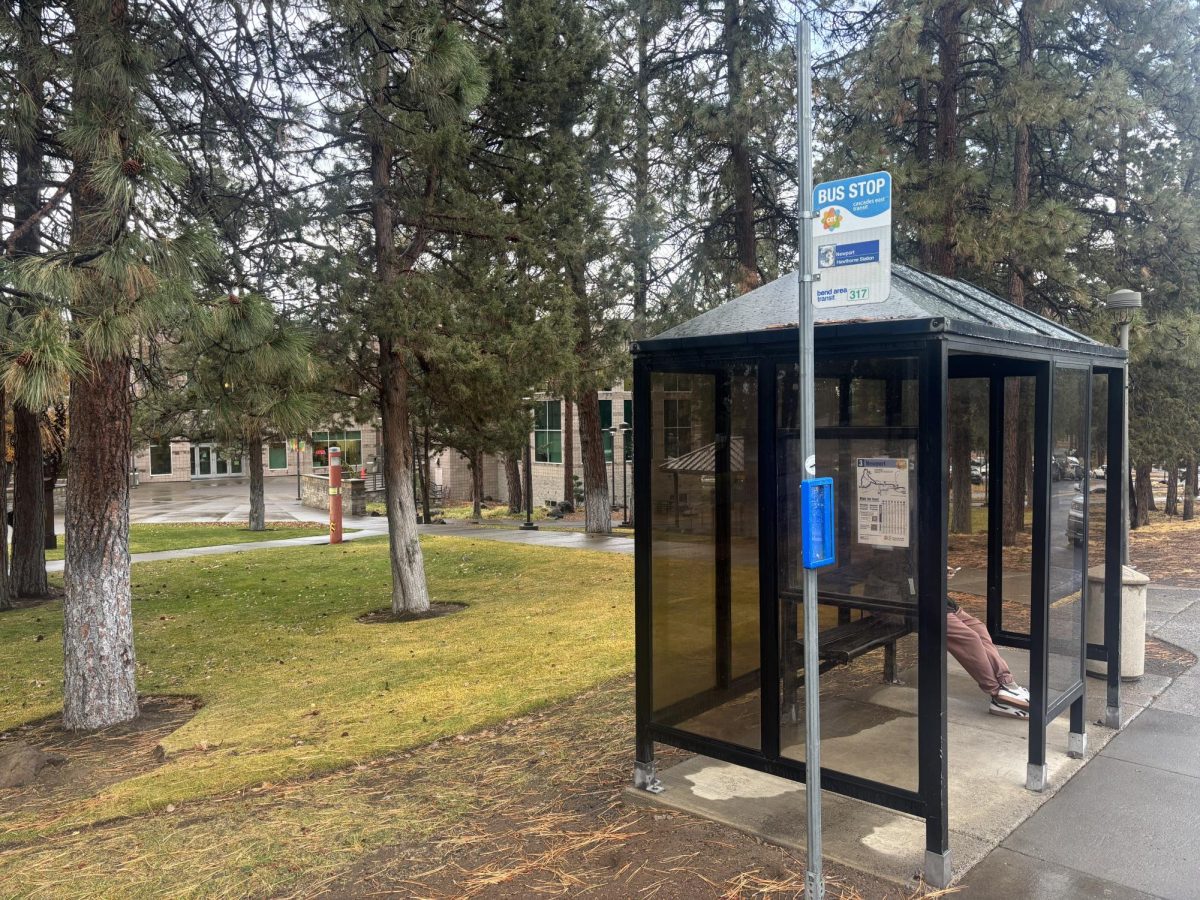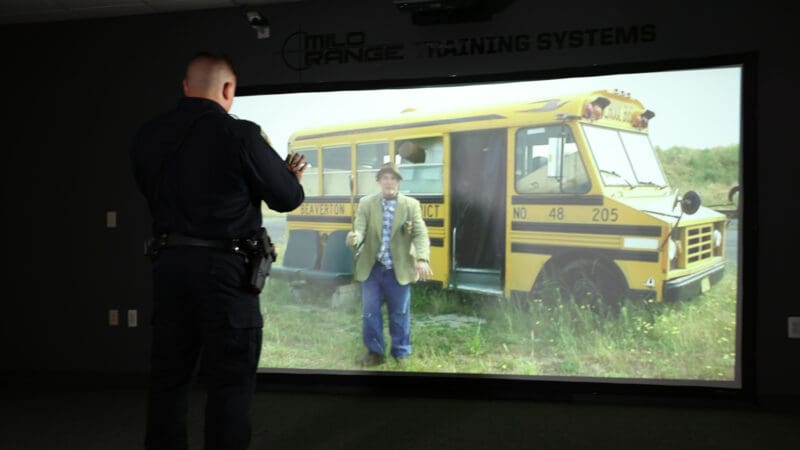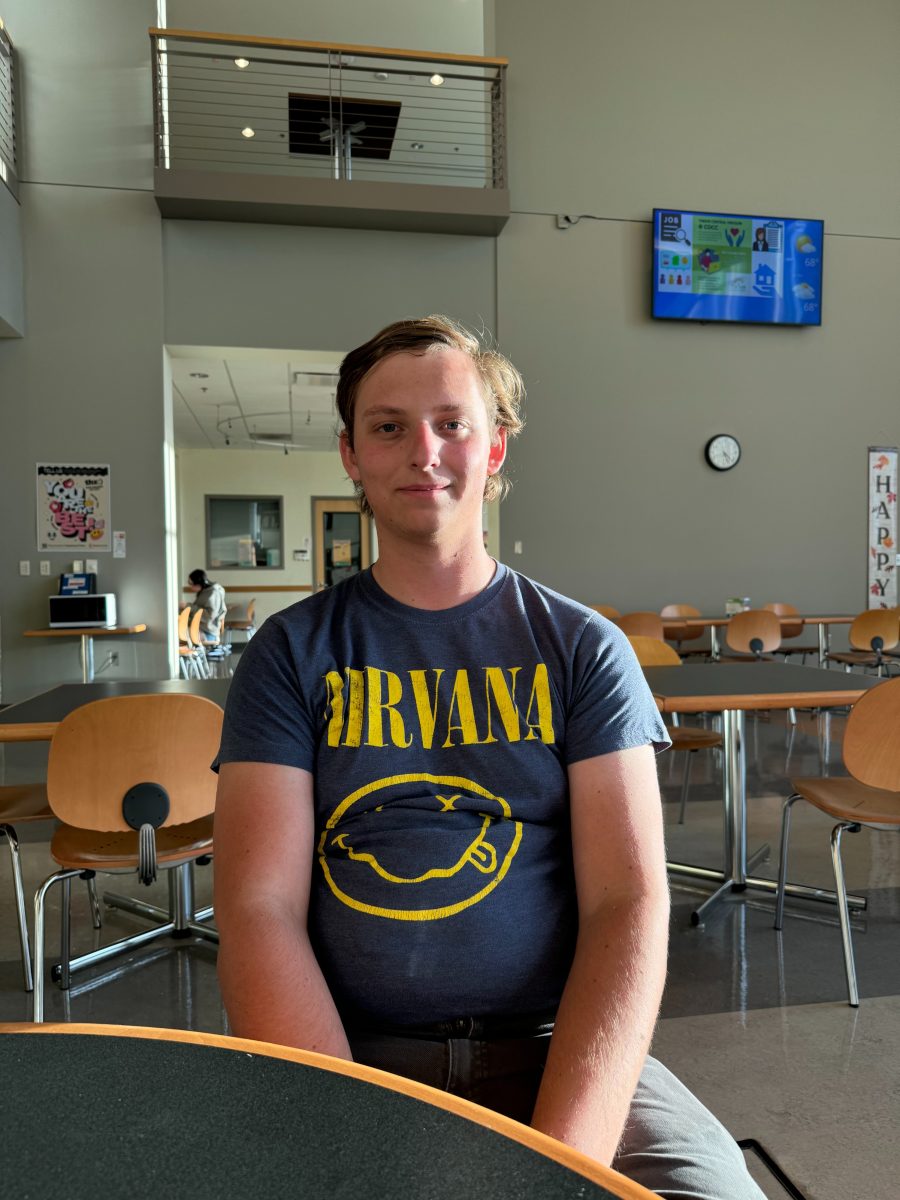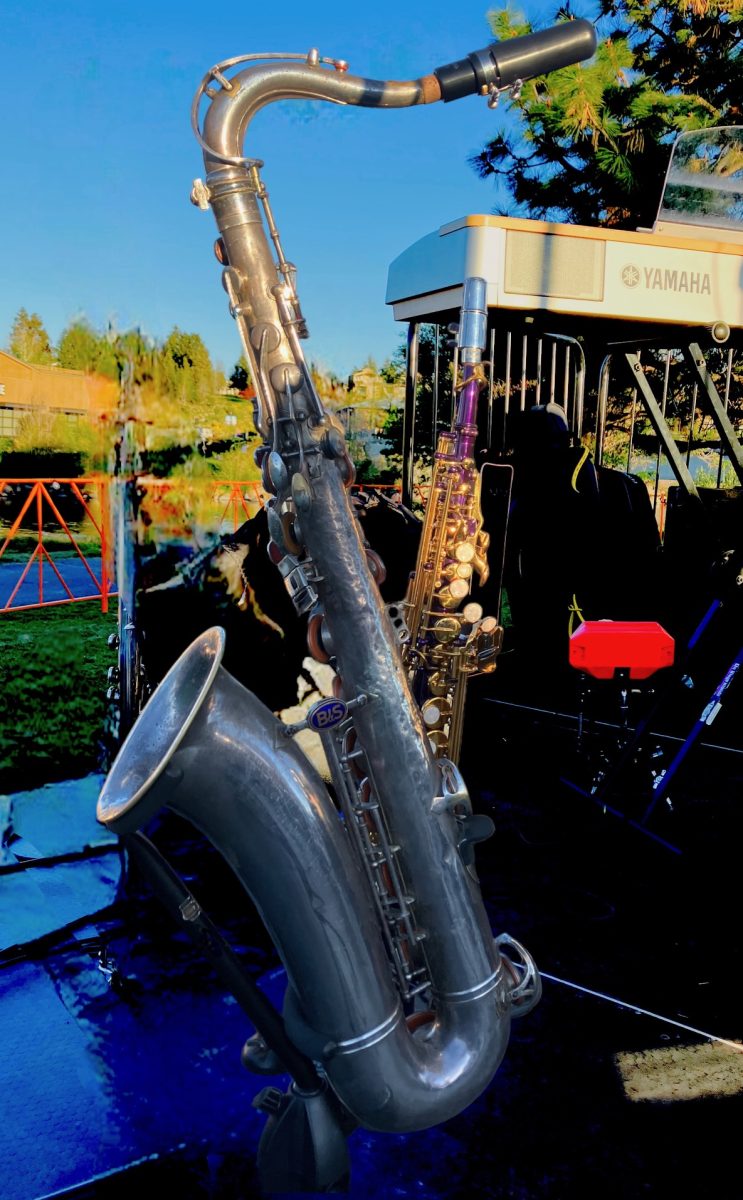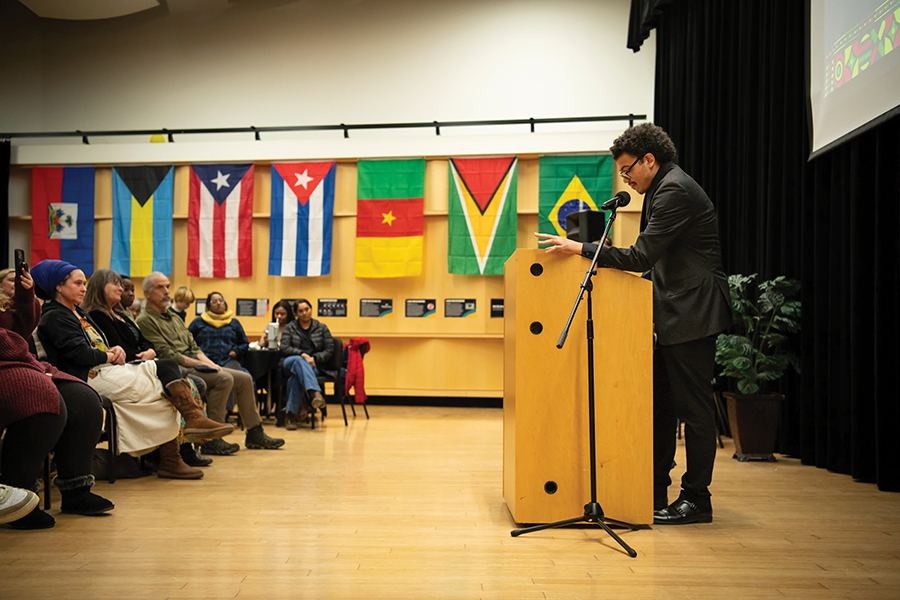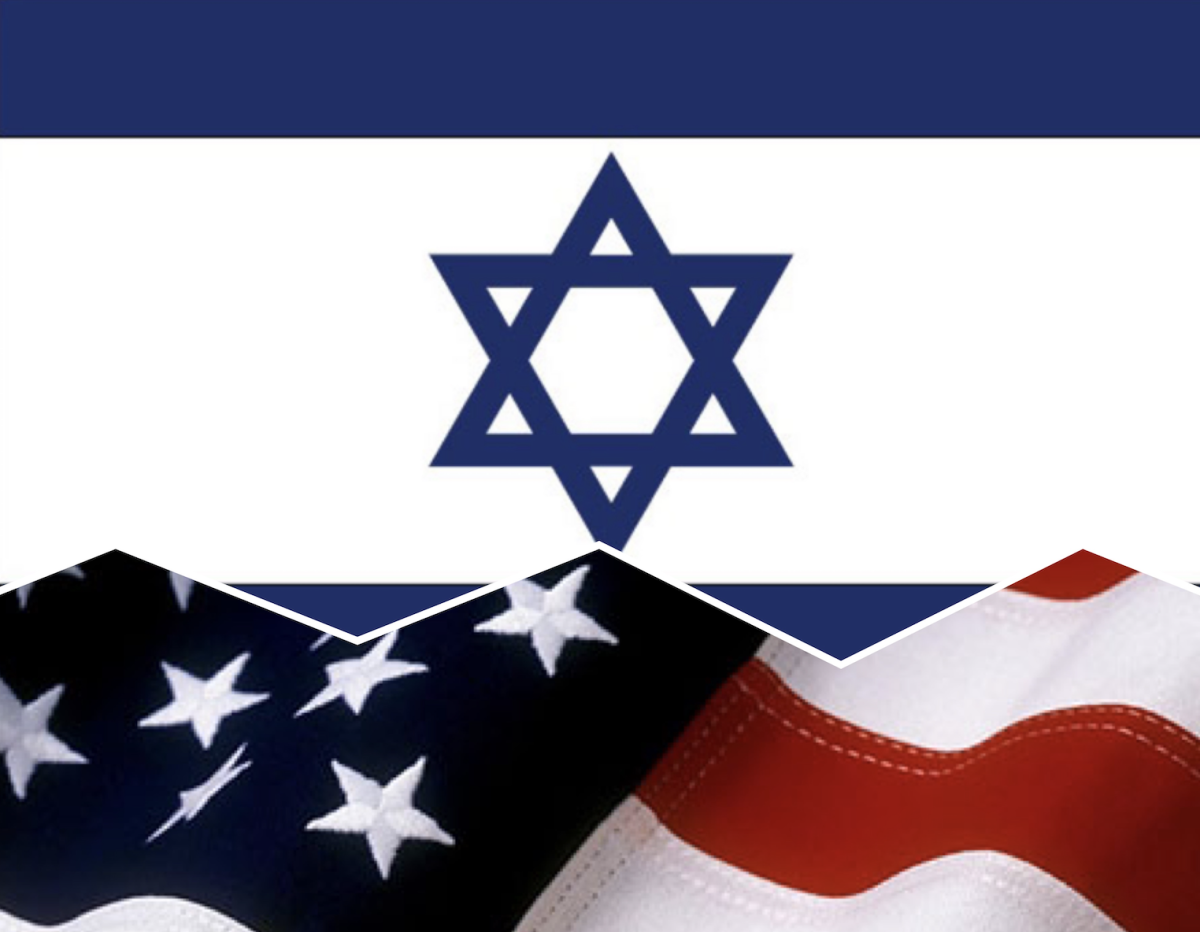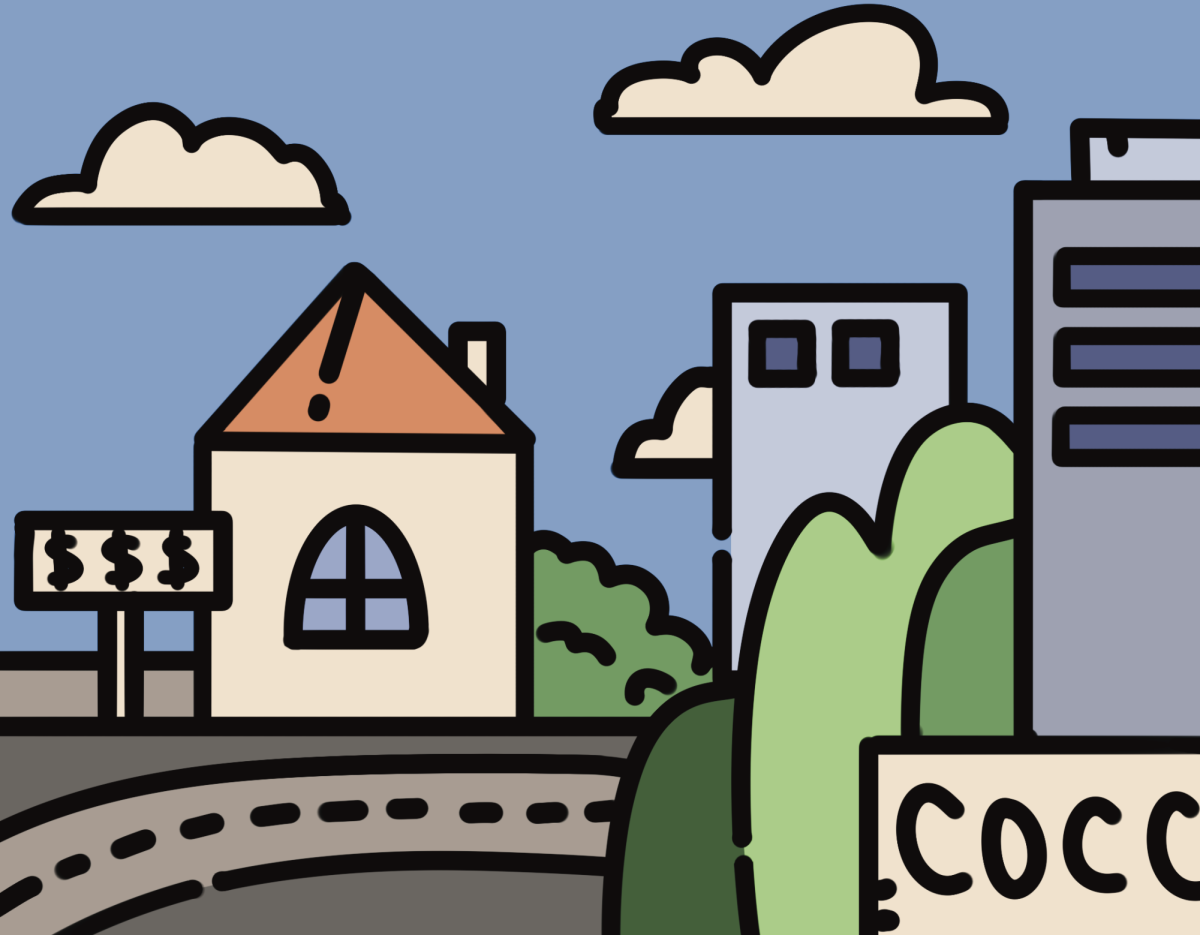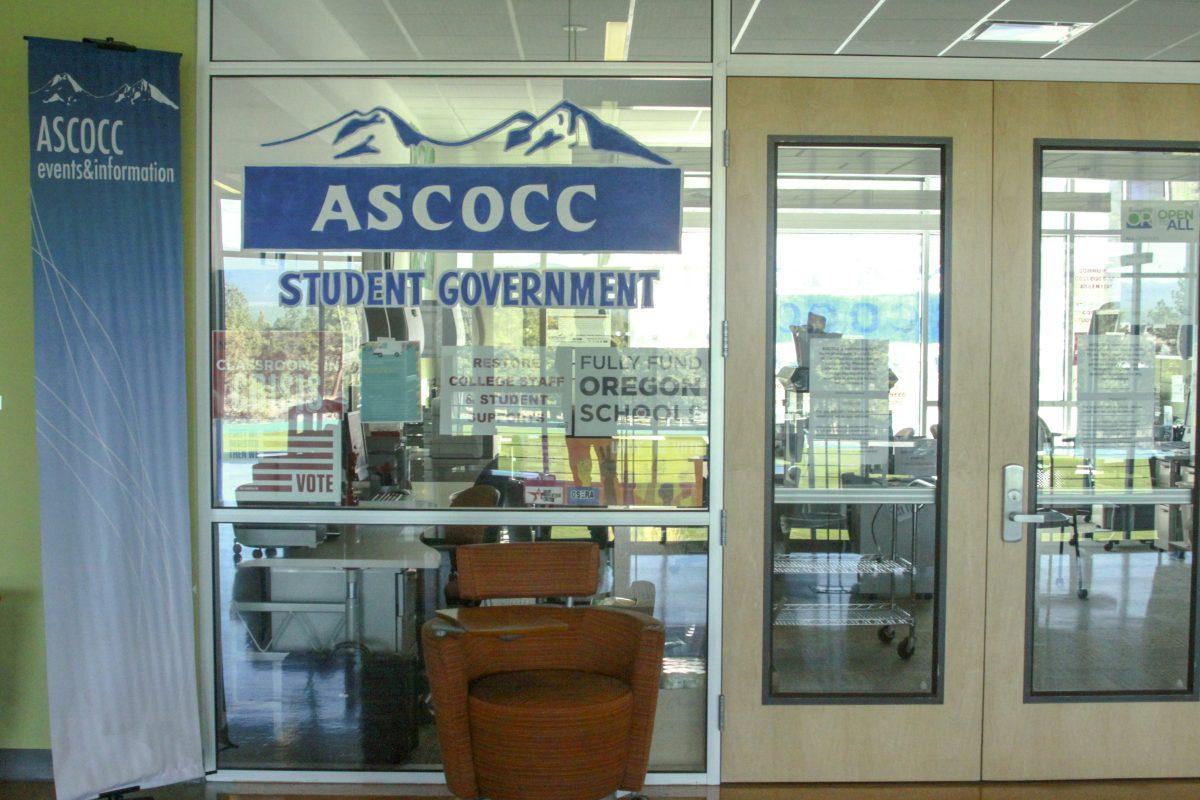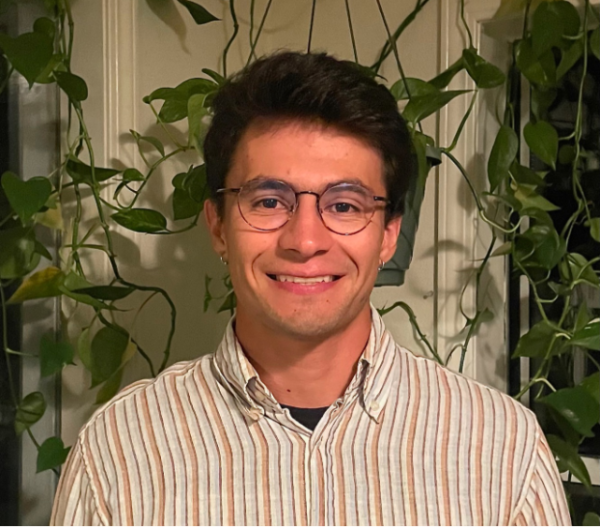The Black History Month programming for Central Oregon Community College’s “Season of Nonviolence” will feature six different events focusing on Black experiences, art, literature, film and community conversations over the next month.
Programming for BHM began in early January, with the first meeting of one of six different book discussion groups about Tracey Michae’l Lewis-Giggetts’ book, “Black Joy: Stories of Resistance, Resilience, and Restoration.” COCC describes “Black Joy” as “a collection of “36 lyrical autobiographical essays that celebrate the redemptive strength of joy in Black culture—and explore the many ways it is critical for our personal and collective healing,” according to Lewis-Giggetts.
Five of the six book discussion groups began earlier this month, but the Unity Spiritual Community of Central Oregon Discussion Group will begin its book discussion group meetings on Tuesday, Feb. 13. The group will meet weekly 4:30-5:30 p.m. in person. Anyone interested can contact Clare Kubota to register.
Programming in February began with a Drum-Making Class celebrating the work of Frederick Douglass and Bob Marley, on Feb. 6, at 4-5:30 p.m. on COCC’s Redmond campus. The event celebrated the lives and contributions of abolitionist Frederick Douglas and activist-musician Bob Marley, whose achievements helped expose the violence and oppression that persisted from Douglass’ life into and past Marley’s life.
“Frederick Douglass and Bob Marley? How did you get those two?” said Marcus LeGrand, Afrocentric Program Coordinator for COCC, while explaining the connection between the two men and drum-making.
“They talked about the injustices that were going on in their lifetimes. [Douglas] in the 1800’s and [Marley] in the 1970’s and 80’s even 100 years later. [Marley] did it with music. [Douglas] did it by becoming a freed slave and becoming an abolitionist,” said LeGrande.
“The one thing about the drum and the music is they resonated with both of them…You kind of notice the throughline of the thread that we all use music as people of color to resonate and feel good. Feel joy in us open. So, I use those as springboards to talk about music as the thing that we all use and covet and love,” said LeGrande.
“The community aspect of getting to know new people, connections, and you can learn about job opportunities or internships by the people you meet in the club,” said Maria Knight, Prineville Student Liaison and member of the Afrocentric Student Club when asked what she liked about BHM events and ASC.
“I think it helps with just knowing you have a club that you can go to [to] talk to people; you can go to events, you can have fun and you don’t have to be alone.”
The ASC is not just for students with African ancestry. Students with different backgrounds are also welcome to join.
“[The ASC] includes all clubs. All members of other clubs can join this club. It’s not exclusive to only Afrocentric people and backgrounds. Anyone can join,” said Knight.
Anyone interested in learning more about the ASC or considering joining can contact LeGrande via email here. While students like Knight can utilize resources and networking opportunities with groups such the ASC, some students may face logistical obstacles to access them.
“A lot of times it’s scheduling difficulties,” said Sydney Hendricks, an aviation student and adjunct aircraft systems instructor at COCC. “I work a full-time job and I’m a student, so time isn’t a massive thing,” Hendricks added.
When asked how it feels to be unable to access these resources, Hendricks said, “it can be kind of isolating because there’s not a lot of diversity in Bend.”
“[BHM and ASC events are] the only outlet in a lot of ways,” she added.
When asked why events like the ones for COCC’s BHM programming are important, LeGrande said, “the reason Black History Month and the events are so important in bringing the speakers in, is it allows people to be able to resonate with a particular national person or local person or regional person who comes in to be able to talk about some of the struggles that not Only what they’re dealing with, but also gives you insight on how that you can help yourself to be better.”
“Black history is American history. [It’s] the key piece people a lot of people forget about sometimes. We built a lot of this country on the backs of the enslaved. We weren’t slaves. We were enslaved… We need to tell our story. We need to put our own narrative out there. That’s why we have Juneteenth as a national holiday. Don’t let [history] get whitewashed by the fact that they didn’t want to free the slaves in Texas for another two years,” added LeGrande.
“One of the things [Lewis-Giggetts] talks about in the book that is phenomenal is you find yourself in spaces where people don’t know you, or they think they know you, or they think they know how to resonate with you. She talks how we all do it as people of color. We take a breath. I got to deal with this person who is unknowledgeable about what’s going on, but even though all those barriers and those forces are out there you still go ‘I’m good’ and I got to be able to find that,” he said.
Four more BHM events will be hosted by COCC throughout February into early March. For more information and to register for future events, visit COCC’s Season of Nonviolence online page here.


